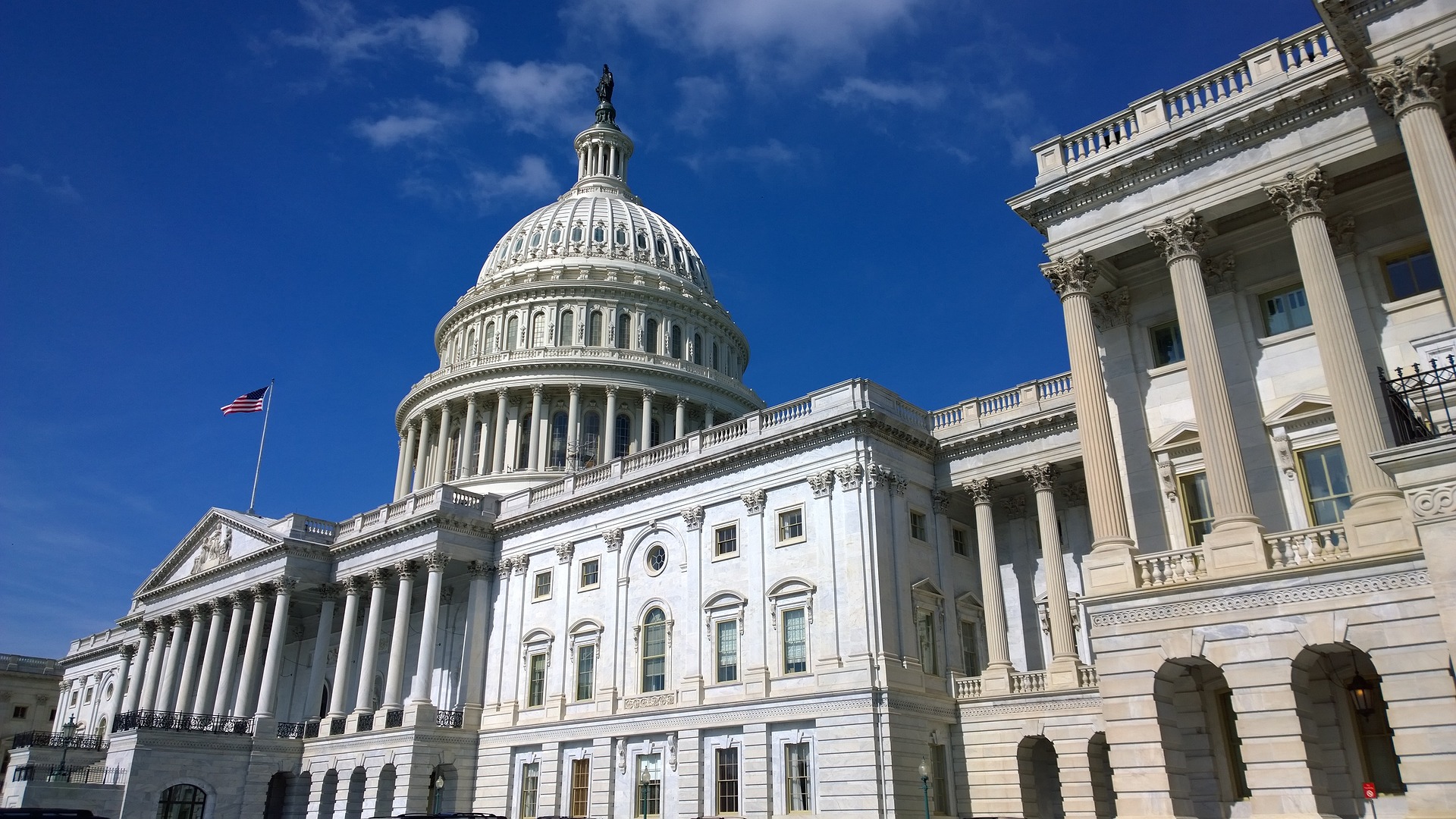A blue wave is sweeping the US in the run-up to the much anticipated election on 4 November and with just over two weeks to go, there are a number of sector ETFs set to benefit in the event of a Joe Biden victory.
According to the latest polls, Democratic candidate Biden has an 11-point lead over President Donald Trump with a 52.4% chance of victory.
Furthermore, the latest Guardian figures show Biden is ahead in all eight swing states barring Ohio and Iowa while State Street Global Advisors (SSGA) has assigned a 50% chance to the Democrats also controlling the House of Representatives and the Senate come 5 November.
With Biden looking likely to become the 46th US President, there are a number of sector ETFs which could receive a boost if he manages to implement his wide-sweeping policies.
One of the key areas of focus for the Biden campaign has been around rebuilding the country’s infrastructure which has fallen into a state of disrepair.
Biden has pledged $2trn in spending on energy and infrastructure, an area which he criticised Trump for failing to deliver after making a promise of an infrastructure overhaul in 2016.
This will mainly focus on a move towards a clean energy and infrastructure plan to jumpstart economic growth and halt climate change.
Daniel Ung, head of quantitative research and analysis, ETF model portfolio solutions, EMEA and APAC, SPDR, at SSGA, said this bill would be passed if the Democrats control the House of Representatives and the Senate.
As a result, the utilities sector, which has a large weighting to infrastructure, is set to be the prime beneficiary of this policy.
In particular, Ung highlighted the electric utilities segment of the sector that would benefit from an increased focus on green energy.
The SPDR S&P US Utilities Select Sector UCITS ETF (SXLU), for example, has a 63% weighting to electric utilities and renewable energy company Nextera Energy is the top holding with a 16.4% weighting.
“Biden’s ‘Build Back Better’ plan will focus on investing in modern and sustainable infrastructure to encourage clean energy,” Rebecca Chesworth, senior equity ETF strategist, SPDR, at SSGA, added.
“Businesses focused on renewables may benefit, giving a big option to utilities companies should they embrace cleaner electricity generation as their European peers have done.”
For a more pure-play exposure to infrastructure, the $747m iShares Global Infrastructure UCITS ETF (INFR) has a 63% weighting to US companies and a 52.5% weighting to the utilities sector.
Consumer staples is another area of the market that could benefit from a Biden victory following his pledge to increase the minimum wage to $15 an hour by 2025.
According to Chris Mellor, head of EMEA ETF equity and commodity product management at Invesco, retailers will see a boost as the increase in minimum wage benefits consumers willing to spend their income.
The largest US consumer staples ETF on the European market is the $439m Xtrackers MSCI USA Consumer Staples UCITS ETF (XSCS) which offers exposure to companies such as Coca Cola, Walmart and Pepsi.
Trump vs Biden – how their policies could affect ETFs
At the other end of the spectrum, Biden’s plan to increase corporation tax from 21% to 28% could spell more misery for financials which have significantly underperformed this year. Highlighting this, the MSCI USA Financials index is down 21.1% so far this year, as at 30 September, versus 6.8% positive returns for the MSCI USA.
According to S&P Global Market Intelligence, this tax hike would drop net income by more than $7bn a year for the 10 largest US banks.
The $451m iShares S&P 500 Financials Sector UCITS ETF (IUFS) will be one to watch with its heavy weighting to JP Morgan and Bank of America.
Chesworth added: “We expect that regulatory oversight would intensify under a Democratic administration, with a review of the reforms imposed by Trump and support for the consumer over corporations.
“Most far reaching would be a reimposition of the Glass-Steagall Act, although this would take time and require a sizeable Democrat majority in the House. Either way, retention of the status quo would likely suit this sector better.”




